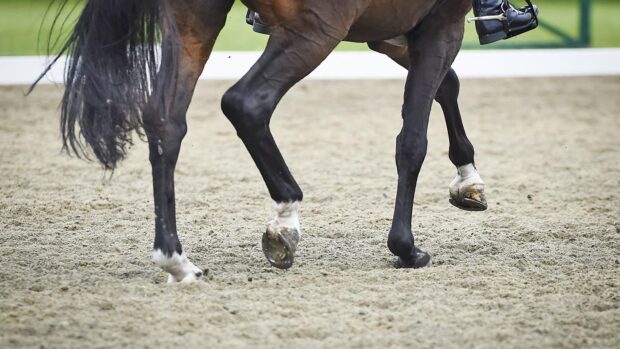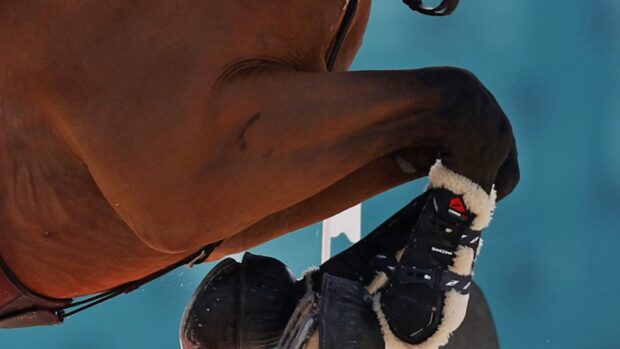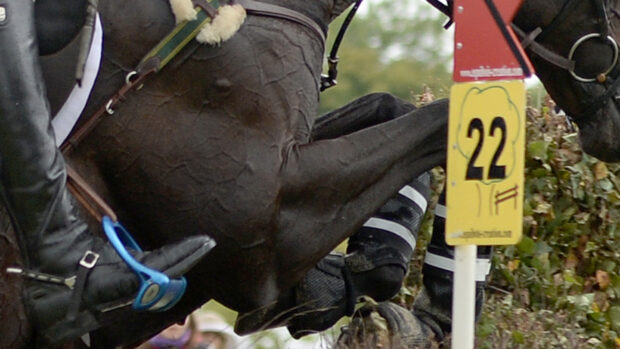Sniffer dogs could be used in a crackdown against horses being given microdoses of prohibited substances in efforts to “save lives”.
At the FEI Sports Forum (31 March–1 April) FEI veterinary director Göran Åkerström gave an update of ongoing research projects taking place, including a trial with sniffer dogs in endurance.
The project, in collaboration with Swedish University of Agriculture, involves using sniffer dogs to detect microdoses of heart-rate lowering substances – prohibited under the FEI’s equine anti-doping and controlled medication regulations (EDCMRs) – in horse saliva.
Mr Åkerström said that in endurance there is a heart rate cap of 64.
“If a horse has a 65 it cannot continue. Why is that in place? It’s because if a horse’s heart rate is too high, it’s probably too tired,” he said, adding that pushing horses with a high heart rate can become “life-threatening”.
“What we sadly have observed is that very few people, but they do exist, have medicated horses with substances that lower heart rate. They are short-acting and they are microdosed, so we wouldn’t find them in regular testing. We needed a testing method that was non-invasive, so we started looking at saliva.”
Mr Åkerström said that a dog would be used to sniff custom-made swabs that have been in a horse’s mouth for one to three minutes. The dog would sniff a range of samples and if the dog detects a positive case, then that horse will be immediately blood tested and this sample will go to the lab.
“If the sample is positive, that could be grounds for a legal case for violations of the EDCMRs,” said Mr Åkerström.
“We have a proof of concept; we know that micro-dosed substances administered intravenously can be detected in saliva afterwards by trained dogs,” said Åkerström, adding the dog can also detect substances in horse saliva that have been given orally.
“The concentrations that the dog can detect is just incredible – we’re talking picograms (one-trillionth of a gram), so the dog is more sensitive than the lab. But we will always only use the lab for any legal purposes.”
Mr Åkerström added that using sniffer dogs would be a “selection method for targeting samples” and could “potentially save horse lives” – as well as acting as a “good deterrent”.
The project is ongoing and field tests will take place in July.
- To stay up to date with all the breaking news from major shows throughout 2025, subscribe to the Horse & Hound website
You may also be interested in:

Ban for rider who ‘ran away’ and ‘escaped’ from anti-doping sample collection

World gold medal lost after positive dope test

Subscribe to Horse & Hound magazine today – and enjoy unlimited website access all year round




